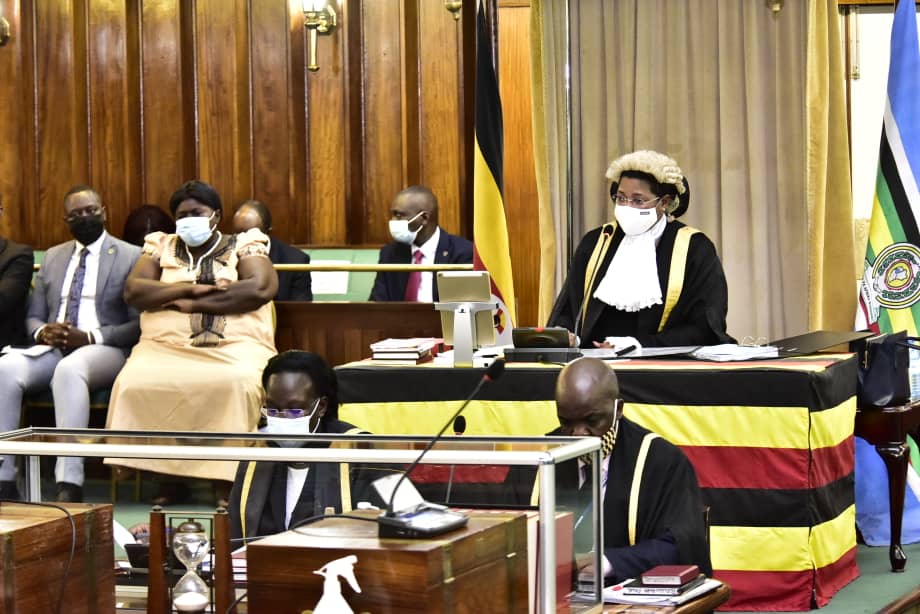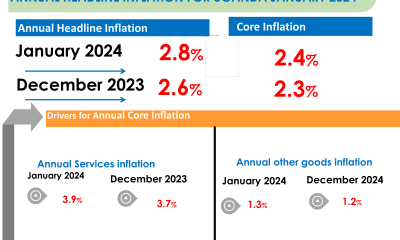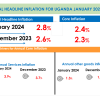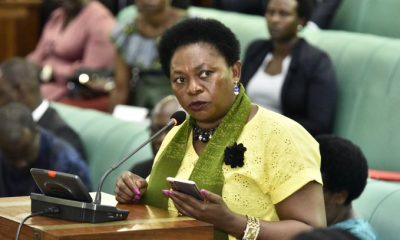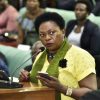In a decisive move aimed at propelling Uganda’s economic development, the country’s parliament has greenlit three substantial loans totaling $1.38 billion.
The approved funds include $927.2 million from local commercial banks, $325.83 million from the World Bank for a smart agriculture initiative, and $146.9 million from China earmarked for the e-government infrastructure project.
Funding breakdown
- Local commercial banks: The government secured a loan of $927.2 million from local commercial banks to support the supplementary budget, demonstrating a commitment to addressing critical financial needs domestically.
- World bank support: A significant portion of the approved funds, $325.83 million, comes from the World Bank for the implementation of a smart agriculture project. The initiative aims to revolutionize Uganda’s agricultural sector, aligning it with modern, sustainable practices.
- Chinese investment: China has extended financial support of $146.9 million to Uganda for the e-government infrastructure project, highlighting the global partnerships that Uganda is fostering to enhance its technological capabilities.
Debt implications
Despite concerns about the growing national debt, the majority of Members of Parliament, led by Parliament Speaker Anita Among, emphasized the necessity of these investments for Uganda’s progress. The loans bring the country’s total debt to over $23.5 billion as of August 2023.
Opposition’s resistance:
While the ruling National Resistance Movement (NRM) secured the majority vote, the opposition voiced concerns during the parliamentary session. Opposition members questioned the need to borrow $503.3 million for the supplementary budget, arguing that some of the funds were already available and should be utilized rather than adding to the national debt.
Financial discipline debate
The opposition accused the government of financial indiscipline, particularly in anticipating funds and borrowing when resources were already at its disposal. The shadow minister of Finance, Muwanga Muhammad Kivumbi, criticized the government for borrowing funds that were reportedly available from the previous financial year.
Government’s response:
The government defended its position, asserting that the funds swept back at the end of the last financial year were not readily available. It clarified that the proposed borrowing is for new money and not a duplication of existing resources.
A minority report warned of potential financial disaster if the government’s spending practices, particularly regarding the supplementary budget, are not addressed. Concerns were raised about the potential consequences of further debt distress and the allocation of funds, particularly to the state house.
